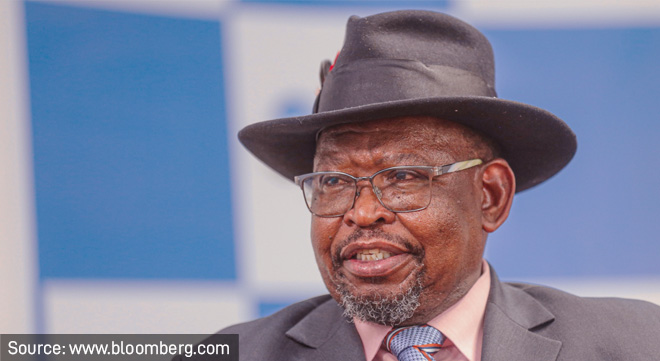The cuts to government expenditure that will be announced in the Medium-term Budget Policy Statement (MTBPS) next month will be “moderate” and will not exceed government underspending, says Finance Minister Enoch Godongwana.
According to data from National Treasury, the budget deficit reached R143.8 billion in July, the largest since 2004 and greater than economists’ forecasts of R115.5bn.
On Tuesday, Godongwana told members of the National Assembly’s Standing Committee on Finance that there are three ways to deal with a gap between revenue and expenditure.
The first is to raise taxes, which is difficult to do in-year. The second is to increase borrowing.
“As we will demonstrate, our borrowing cost and levels are becoming hard […] The borrowing situation is beginning to impact negatively,” he said.
The third is to cut expenditure.
In 2022/23, all spheres of government underspent by R28bn. In 2021/22, government underspending was R36bn, Godongwana said.
“I can assure you, as we are going to demonstrate on 1 November, that the expenditure cuts are even below that normal underspending of R28bn […] Our approach has been moderate of combining expenditure cuts but bump up some borrowing […] but in a sustainable way,” he said.
Addressing the issue of municipal spending, Godongwana said there are limits to what Treasury can do when councils decide to spend money they do not have (“unfunded mandates”).
The fundamental problem in numerous municipalities is that expenditure is higher than revenue. But getting a municipality to perform is not easy because a council can refuse to ratify Treasury’s interventions, Godongwana said. Treasury could resolve the impasse by dissolving the municipality, but he doubted Treasury would be able to dissolve the 175 municipalities that were overspending and manage them.
The problem largely came down to oversight by the relevant political parties. The lack of political oversight by parties made Treasury’s work very difficult, Godongwana said.
In addition, the Constitution grants municipalities certain rights and obligations, which create a legal minefield if Treasury tries to intervene.
“If political parties were to help us and work with us, we would resolve these matters, and we would be able to discipline municipalities quite effectively,” Godongwana said.
He said the reason some municipalities spend so little on maintaining infrastructure is that they think creating employment means putting more people on the municipal payroll, with the result that personnel expenditure crowds out everything else. Instead, a council should create an environment that makes it conducive for people to invest in the municipality.



